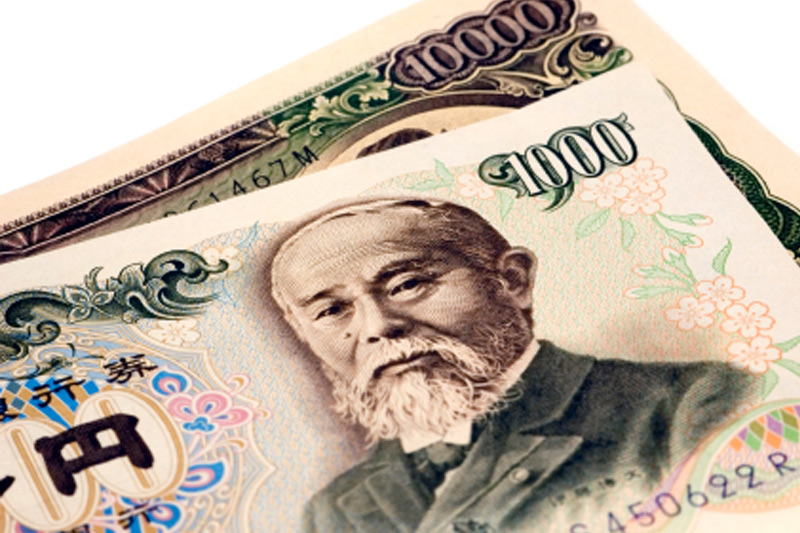* China state banks seen buying USD to ease yuan rally -
traders
* Taiwan finds fist case of new coronavirus variant
* Sime Darby shares weigh on Malaysian benchmark
By Pranav A K and Anushka Trivedi
Dec 31 (Reuters) - Asian currencies were on course to finish
the pandemic-hit year on a positive note, with the Malaysian
ringgit leading gains on Thursday as broader sentiment was
lifted by hopes of a vaccine-led economic recovery.
The Chinese yuan CNY=CFXS , however, held back as traders
suspected state-owned banks were buying dollars to curb the
currency from rising too fast and breaching a key level of 6.5
per dollar. The yuan has risen rapidly since May and is set to mark its
first annual gain in three as a weaker dollar, the widening
yield gap between China and the United States and Beijing's
effective coronavirus containment underpinned gains in the
currency.
Other emerging currencies in the region were broadly firmer
after the dollar .DXY weakened as investors continued to bet
that COVID-19 vaccine rollouts will help the economy towards a
more sustainable recovery.
"A smooth vaccine rollout can be a game-changer," said
Christopher Wong, a senior foreign exchange strategist at
Maybank
"Global economy could be closer to a more sustainable
recovery trajectory amid unprecedented fiscal and monetary
support."
China's outperformance has also helped regional units, with
the Taiwanese dollar TWD=TP on course to be the best performer
in Asia this year as it firmed as much as 1.5% to take annual
gains to about 7%.
Investors have lauded the island's handling of the pandemic,
while a global shift to working remotely boosted demand for its
tech products.
Malaysian ringgit MYR= strengthened 0.6% on Thursday,
while Singapore dollar SGD= also gained some ground.
Emerging Asia's currencies stand to benefit from a recovery
in economic growth next year, with trade-linked Taiwan dollar,
Singapore dollar, won and yuan appearing as winners, whereas low
interest-rate and inflation environment should support the
region's carry trade favourites, Wong said.
A slump in shares of Sime Darby Plantation SIPL.KL knocked
Malaysian stock index .KLSE sharply lower after the United
States banned imports of palm oil from the producer over
allegations of forced labour. Stock markets in the Philippines, Indonesia, Thailand, Japan
and South Korea were closed for a holiday.
HIGHLIGHTS:
** Singapore GDP to extend decline in Q4 - Reuters poll
** Top losers on FTSE Bursa Malaysia Kl Index .KLSE
include Sime Darby Plantation Bhd SIPL.KL , down 3.29%, and
Press Metal Aluminium Holdings Bhd PMET.KL , down 1.88%
** Singapore's 10-year benchmark yield is down 1.7 basis
points at 0.839%
Asia stock indexes and currencies at
0458 GMT
COUNTRY FX RIC FX DAILY % FX YTD INDEX STOCKS DAILY % STOCKS YTD %
%
Japan JPY= +0.02 +5.29 .N225 0.00 16.01
China CNY=CFXS -0.08 +6.63 .SSEC 0.83 12.87
India INR=IN +0.30 -2.33 .NSEI 0.04 14.95
Malaysia MYR= +0.62 +1.97 .KLSE -0.55 2.93
Philippines PHP= +0.00 +5.50 .PSI 0.00 -8.64
Singapore SGD= +0.01 +1.63 .STI -0.89 -11.76
Taiwan TWD=TP +0.00 +5.61 .TWII 0.16 22.63
